Tara Pixley, PhD, is a photographer and professor with a 20-year career in visual journalism. Dr. Pixley is based in Los Angeles, where she teaches journalism and media studies at Loyola Marymount University. She was a Visiting Knight Fellowship at Harvard University’s Nieman Foundation for Journalism and is a recipient of the inaugural World Press Photo Solutions Visual Journalism Initiative. Her writing and photography have appeared in various publications including the New York Times, Wall Street Journal, NPR, Newsweek, ProPublica, HuffPost, Nieman Reports, ESPN Magazine, CanonPro, and the Black Scholar. Her film and photographic work intersect with her scholarship and advocacy, each addressing the problematics of representation and the possibility of contemporary visual media to reimagine marginalized communities. She is a co-founder and Board Member of Authority Collective — an organization dedicated to diversifying perspectives in visual media and she is currently working on a book chronicling the move to decolonize the visual journalism industry.
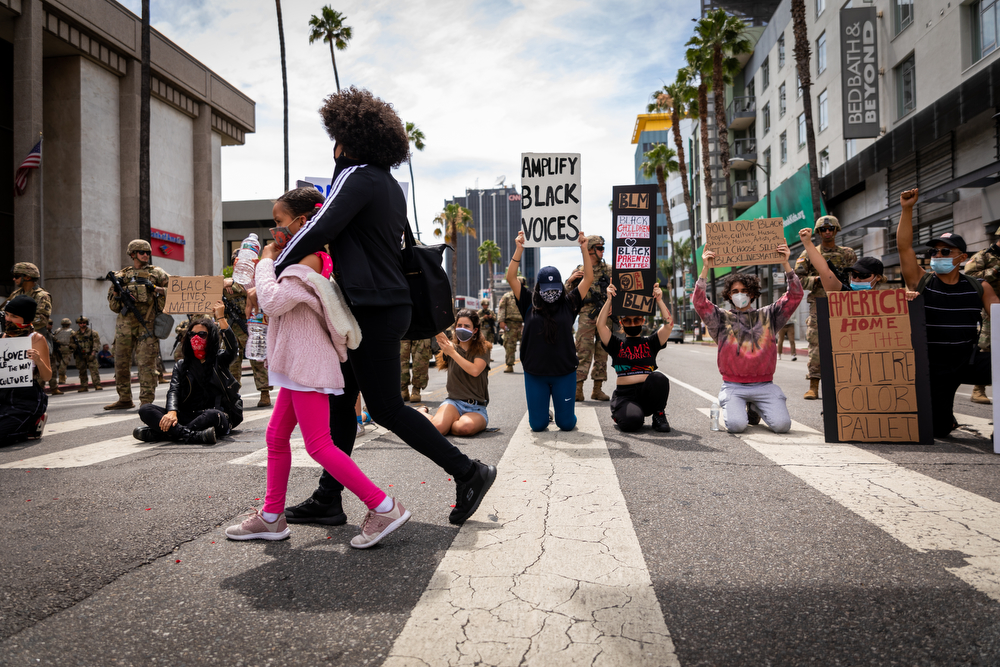


Our Streets
Millions took to the streets across America in the summer of 2020, protesting centuries of racial injustice and police brutality as they proclaimed that Black Lives Matter. In Los Angeles, where wide-reaching poverty and police violence flourish in the shadows of Beverly Hills excess and Hollywood artifice, protests were marked by bright colors, graphic displays, and an abiding sense of collective power. My series of 20 photographs, entitled “Our Streets”, documents the culture, tenor, and tone of Los Angeles’ BLM protest movement. Taken over multiple protests in the Summer of 2020, the series speaks to the true spirit of the Black Lives Matter (BLM) movement: showings of solidarity, community action, and expressions of democratic public assembly in the face of COVID-19 and racism’s twin pandemics. “Our Streets” also brings the intersectionality of this contemporary movement into sharp focus, highlighting the inimitable power of radical collectivity.
Rather than embracing the move to render this contemporary racial justice movement in the black and white shades of its Civil Rights predecessor, I chose instead to highlight the vibrancy of this moment. The colorful denizens of Los Angeles and the 21st-century reality of a movement partially playing out via smartphones, hashtags, and meme-ified signs demand to be documented in charismatic colors. BLM was founded by queer Black women and has been hugely influential in part due to its integration with existing LGBTQ+ activism and allied social justice efforts that center the knowledge and experiences of queer and trans people of color. It was with this in mind that I turned my lens toward visualizing that truth in the protest space itself, recognizing the intersectional progress and groundwork of collective efforts laid in the decades since the Civil Rights movement. Future generations will want to know who we were, what we fought for, and how we showed up for social justice, for each other, for ourselves. “Our Streets” seeks to provide a snapshot of the movement, honoring the legacy of America’s ongoing struggle for social justice as it offers a unique take on the viscereality of 2020’s racial reckoning.
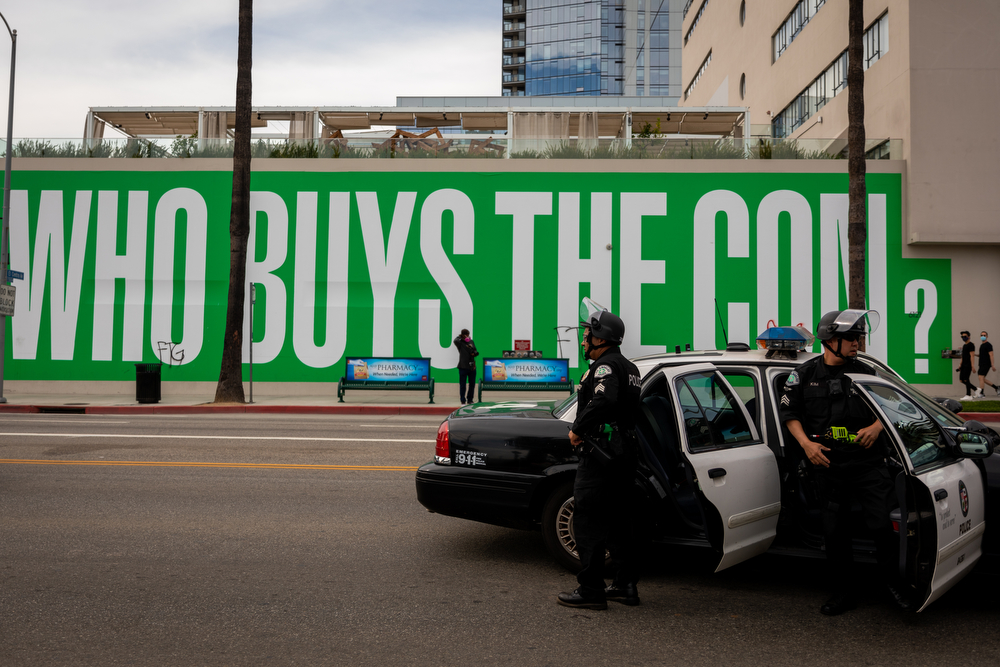
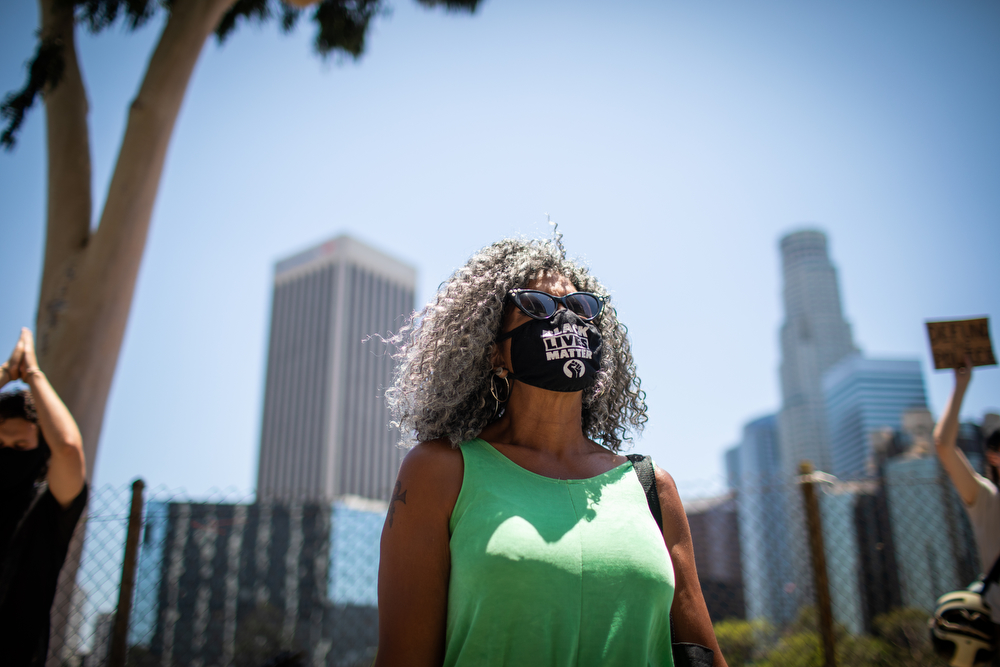
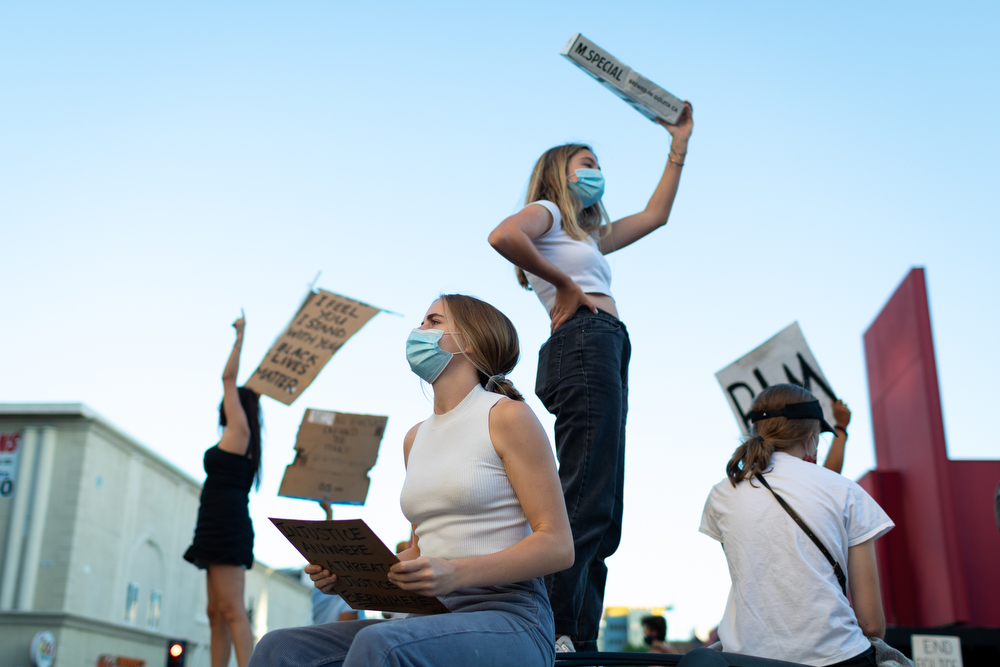

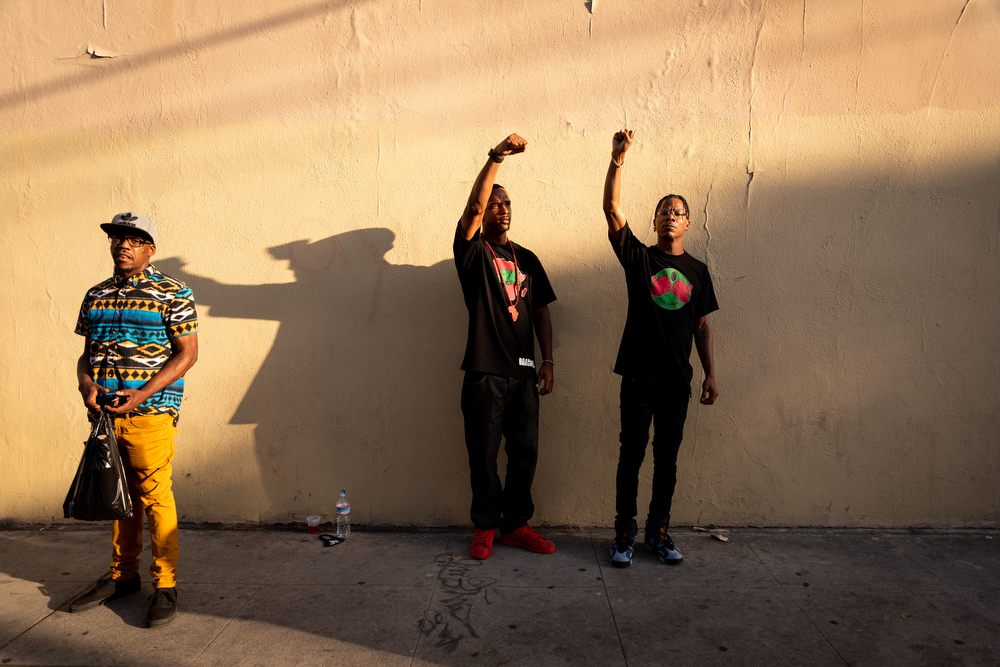
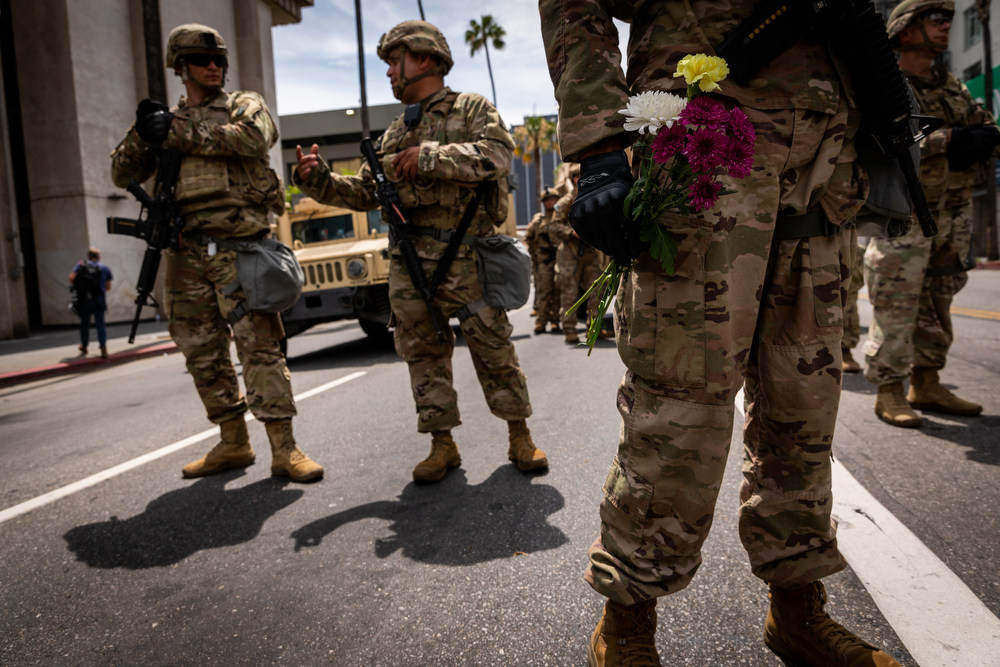
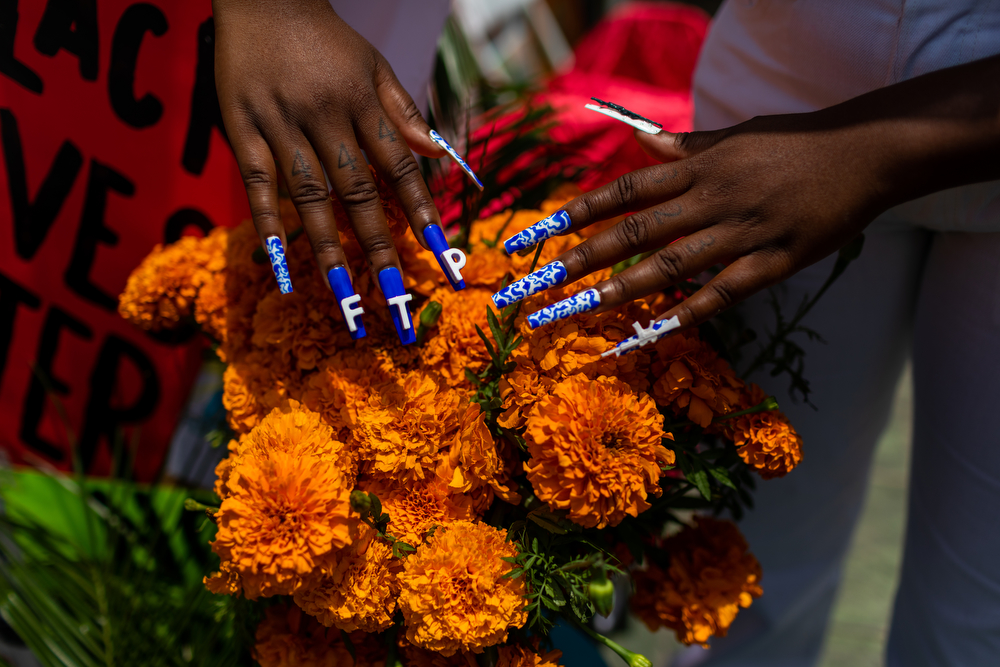






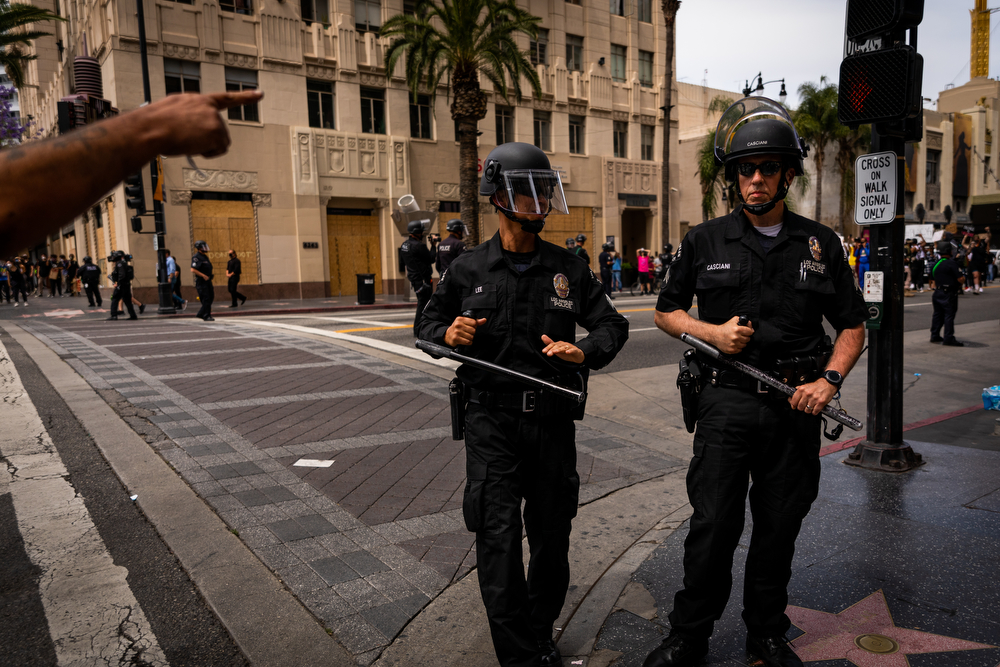
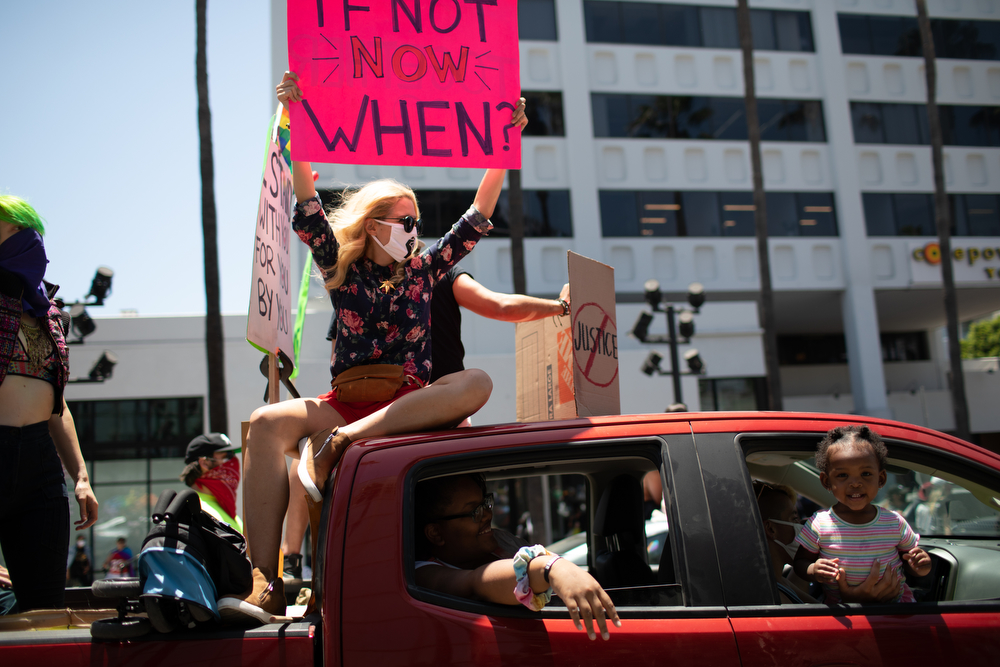

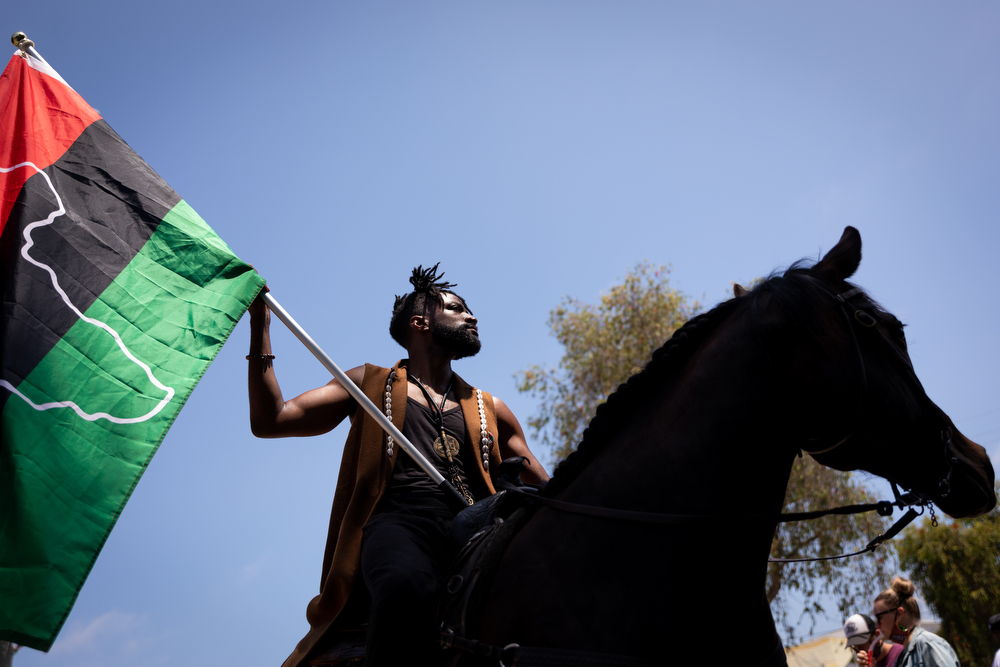
To view more of Tara Pixley’s work please visit their website.